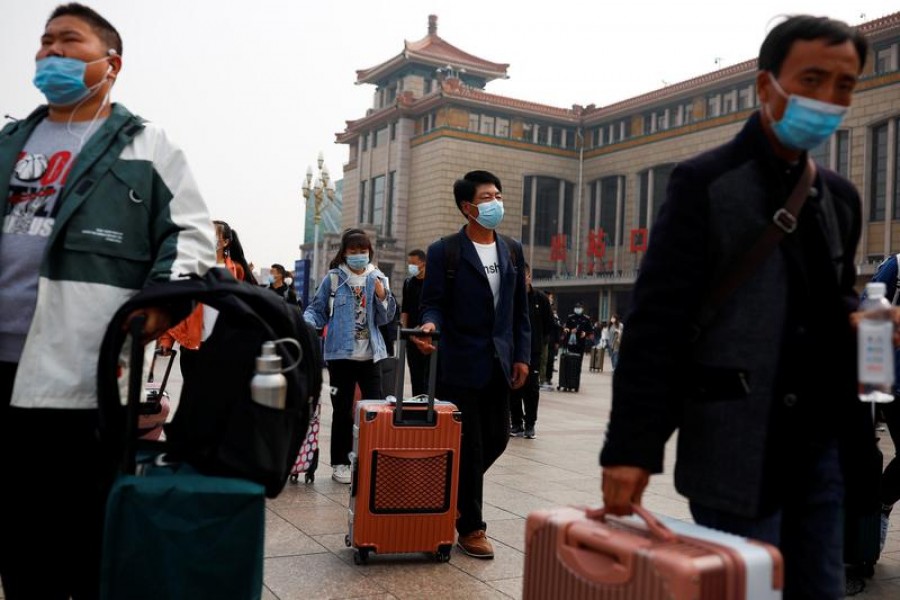Asia-Pacific countries including Singapore, Australia, Japan and Thailand are gradually easing some international travel restrictions as coronavirus cases slow, in hopes of helping to revive their economies.
International travel in Asia has collapsed during the pandemic because of border closures, with passenger numbers down 97 per cent in August, according to the Association of Asia Pacific Airlines.
European Union countries last week agreed to a common “traffic light” system to guide them on Covid-19 testing or quarantines on EU tourists, though rising case numbers are leading to fresh restrictions.
In Asia the trend is toward easing, though not always on a bilateral basis.
For now, few people are likely to travel because of testing and insurance requirements, and in some cases the need to quarantine upon return home, meaning the deals offer limited hope for airlines and the tourism industry.
A Singapore-Indonesia deal announced on Monday for essential business and official travel will require an application and Covid-19 swab tests both before and after travel.
Singapore had established similar agreements with China, South Korea, Japan, Malaysia, and opened unilaterally to general visitors from New Zealand, Brunei, Vietnam and most of Australia.
But Singapore transport minister Ong Ye Kung said in parliament this month that the number of travellers remained small, with the country’s main airport serving 1.5 per cent of its usual passenger volume.
New Zealanders will be able to travel to some parts of Australia starting Friday without quarantining, including to New South Wales, Canberra and the Northern Territory.
However, New Zealanders who return from Australia must quarantine for two weeks under government supervision at the cost of NZ$3100 ($2,064.91) for the first person and more for additional family members.
New Zealand, due to hold an election on Oct 17, has said it does not plan open its borders to Australians for now.
Australia is also in talks with Japan, South Korea, Singapore and South Pacific nations on reopening travel as coronavirus infections ease, Prime Minister Scott Morrison said on Sunday.
Japan and Vietnam will allow short-term business travel with each other, the Yomiuri daily said on Saturday.
The pact, which will take effect by the end of October at the earliest, follows similar steps to ease business travel restrictions to Singapore and South Korea, the paper added.
Japan is also planning to remove a ban on overseas travel to China and 11 other countries and regions including Taiwan, Australia, New Zealand, Singapore, South Korea, Vietnam and Malaysia next month, the Yomiuri said, though it would still advise against non-essential travel.
Asked about the report, immigration official Seiji Matano said that no decision had been made, but that the government would consider how to reopen traffic in a way that prevents infection.
Many of the countries to which Japan will reportedly allow travel ban most non-citizens and non-residents from entering.
Japan allows citizens, residents, and visa holders to reenter the country after testing negative for Covid-19 at the airport, with a capacity of about 10,000 per day.
Thailand plans to receive the first groups of over 100 Chinese tourists this month, according to Thai tourism authorities.
They will be subject to pre-flight testing and a 14-day self-paid quarantine at government-approved hotels, where they will be tested for Covid twice. The tourists will also need to download a GPS and Bluetooth based tracking app that has not yet been launched.
China, where the outbreak originated, last month allowed foreigners with valid residence permits to re-enter the country and it has set up business travel corridors with Singapore and South Korea but most arrivals remain banned.


